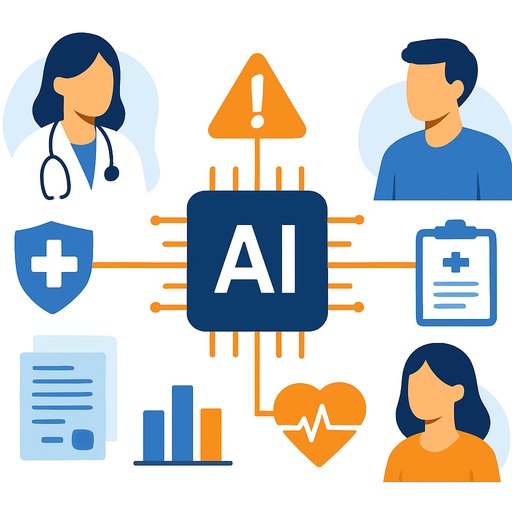Vocca raises $5.5M to bring AI phone assistants to healthcare
Healthcare phone lines are overloaded. Vocca just raised $5.5M in seed funding to fix that, with AI voice agents that answer calls, book appointments, manage reminders, and handle routine patient requests-without adding headcount.
The round was co-led by Speedinvest and firstminute capital, with participation from Kima Ventures, FJ Labs, Sequoia Scout (Roxane Varza), and angels including the founders of Alan, Datadog, Deel, Jellysmack, and Mistral.
The problem: phone-first scheduling, staff stretched thin
Despite new portals and apps, the phone is still the primary channel for appointments-over 70% by industry estimates. Most clinics can't keep up. Hold times rise, calls get abandoned, and staff burn out on repetitive tasks that don't require clinical judgment.
The administrative cost is real: missed calls mean missed care and lost revenue. Patients expect quick answers; your front desk can't scale. Software can.
What Vocca's AI agents actually do
- Answer and place calls, in natural language
- Book, confirm, and reschedule appointments directly in your scheduling system
- Send reminders and follow-ups
- Handle common patient questions and route edge cases to staff
- Integrate with EHR and PMS workflows
These agents are trained on medical vocabulary and specialist workflows, so they can manage nuanced requests and escalate safely when needed. The aim: turn unstructured phone conversations into structured, trackable workflows.
Privacy, security, and compliance
Vocca states compliance with GDPR, HIPAA, and SOC 2-table stakes for medical settings. If you're evaluating, verify BAAs, data residency, encryption, retention, and audit trails up front.
Reference standards: HIPAA and GDPR.
Who's behind it and where it's going
Founded in 2024 by Eliott Hoffenberg and Hugo Danet, Vocca plans to triple its team and expand across the U.S. and Europe. The company targets 10,000 providers by 2026.
Expect specialty-specific workflows for dermatology, dentistry, gynecology, and mental health-where intake and scheduling rules vary widely.
Why this matters for healthcare leaders
Investor interest is shifting to operational AI-tools that reduce administrative strain rather than diagnose disease. Companies like Suki, Nabla, Ribbon, and Ambience Healthcare are gaining traction as clinics look to improve throughput without expanding headcount.
AI reception sits at the first patient touchpoint. If it works, you cut wait times, reduce abandonment, smooth intake, and free staff for tasks that require empathy and judgment.
How to evaluate an AI phone assistant pilot
- Map your top 10 call intents (new patient booking, Rx refill, referral, insurance, prep instructions, cancellations).
- Confirm integrations with your EHR/PMS and scheduling rules (templates, slot types, provider preferences).
- Lock down compliance: BAA, PHI handling, encryption, access controls, audit logs, retention, and deletion.
- Define safety rails: escalation criteria, fallbacks to live staff, and after-hours protocols.
- Set KPIs: average speed to answer, abandonment rate, first-call resolution, booking conversion, and patient CSAT.
- Pilot with one specialty and one location before scaling. Iterate scripts and workflows weekly.
- Plan for multilingual support and accessibility needs.
Bottom line
Phone demand isn't going down. If your front desk is underwater, an AI agent that books cleanly in your system and escalates gracefully can give patients faster access and your staff their focus back.
If you're building team capability around AI workflows and evaluation, explore practical training options: AI courses by job.
Your membership also unlocks:






